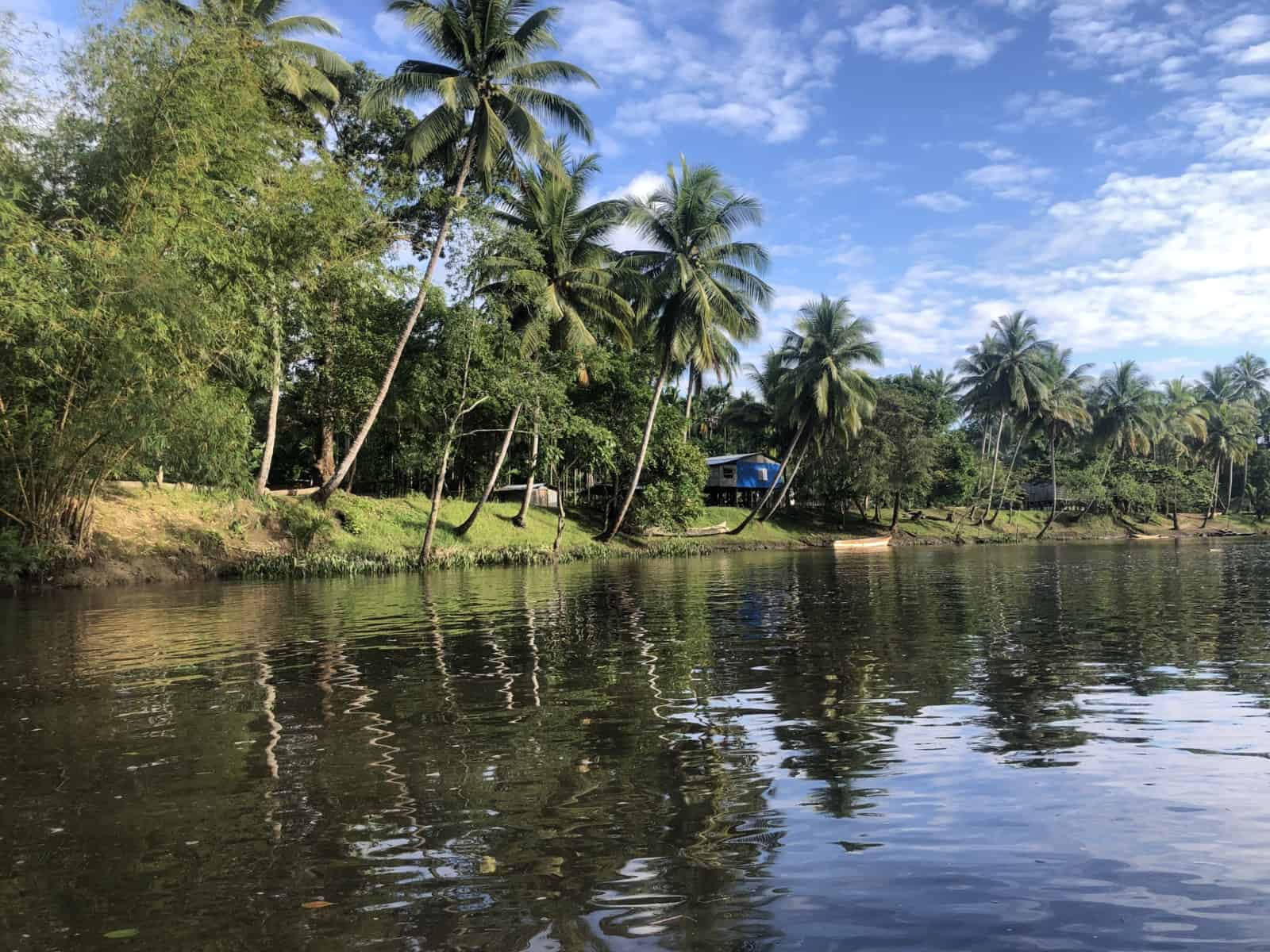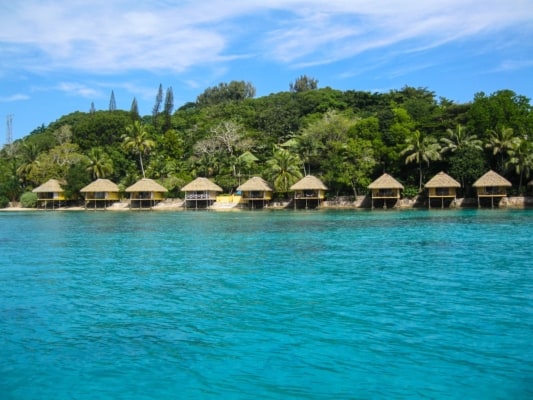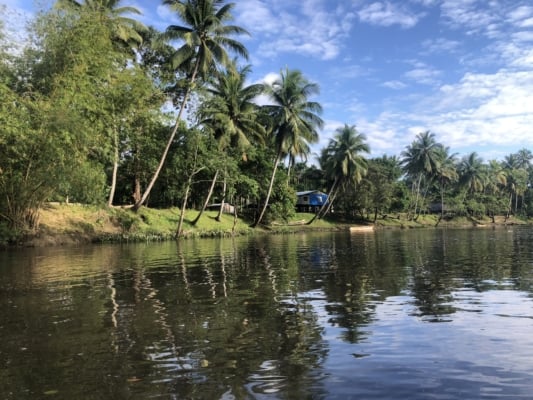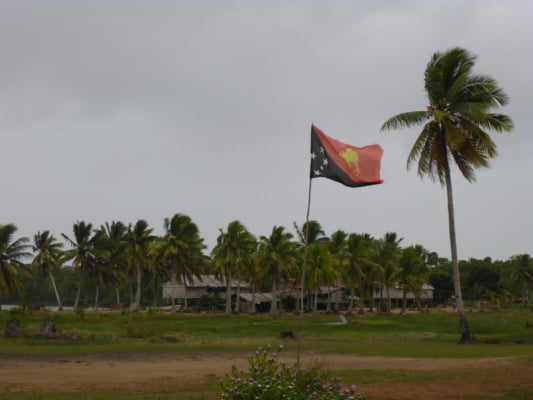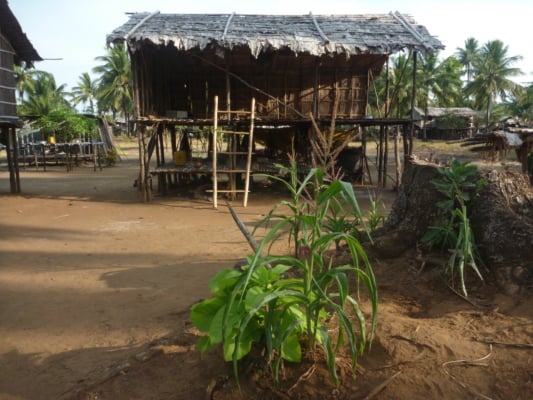Beyond the limits of state governance in Papua New Guinea’s South Fly district, women’s leadership has the potential to create coalitions for change. This paper explores the networks of women’s groups and their potential, including how women leaders can challenge male-dominated patronage systems, manage community development projects, and work together to dismantle barriers to more inclusive leadership. It also suggests opportunities for how development agencies can support them in the context of Papua New Guinea’s sub-national governance models. Based on 53 interviews with local leaders, this research looks at the PNG-Australia borderland, an area of increasing geopolitical complexity of concern to both the PNG and Australian governments.
Key Findings
- Women leaders in South Fly seem not to engage in patronage politics and are more transparent, compared with male leaders. They also do well when given the opportunity to allocate finances. However, there has only ever been one female Ward Councillor elected to Daru Urban LLG and it is currently difficult for women to challenge male-dominated structures.
- When men and women work together on household subsistence and income-generating agriculture, this opens a space for challenging gendered norms.
Implications
- Support for women leaders and women’s organizations should follow a ‘do no harm’ principle, with careful monitoring of progress and risks.
- Mainstreaming gender-responsive programming should focus on men and women working together to challenge gendered norms.
Short on time? Read the executive summary or for more on this topic, read the first paper: ‘Political economy of subnational leadership and governance’
You can also read the case studies that accompany these papers.

